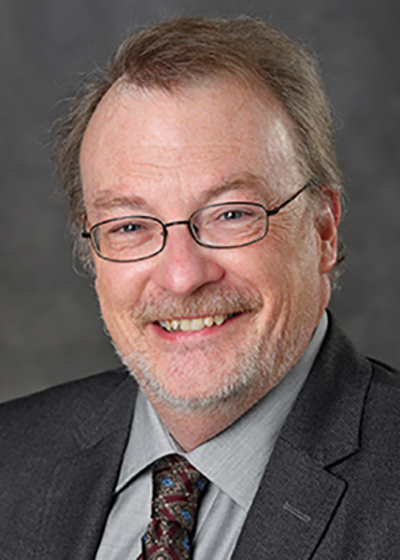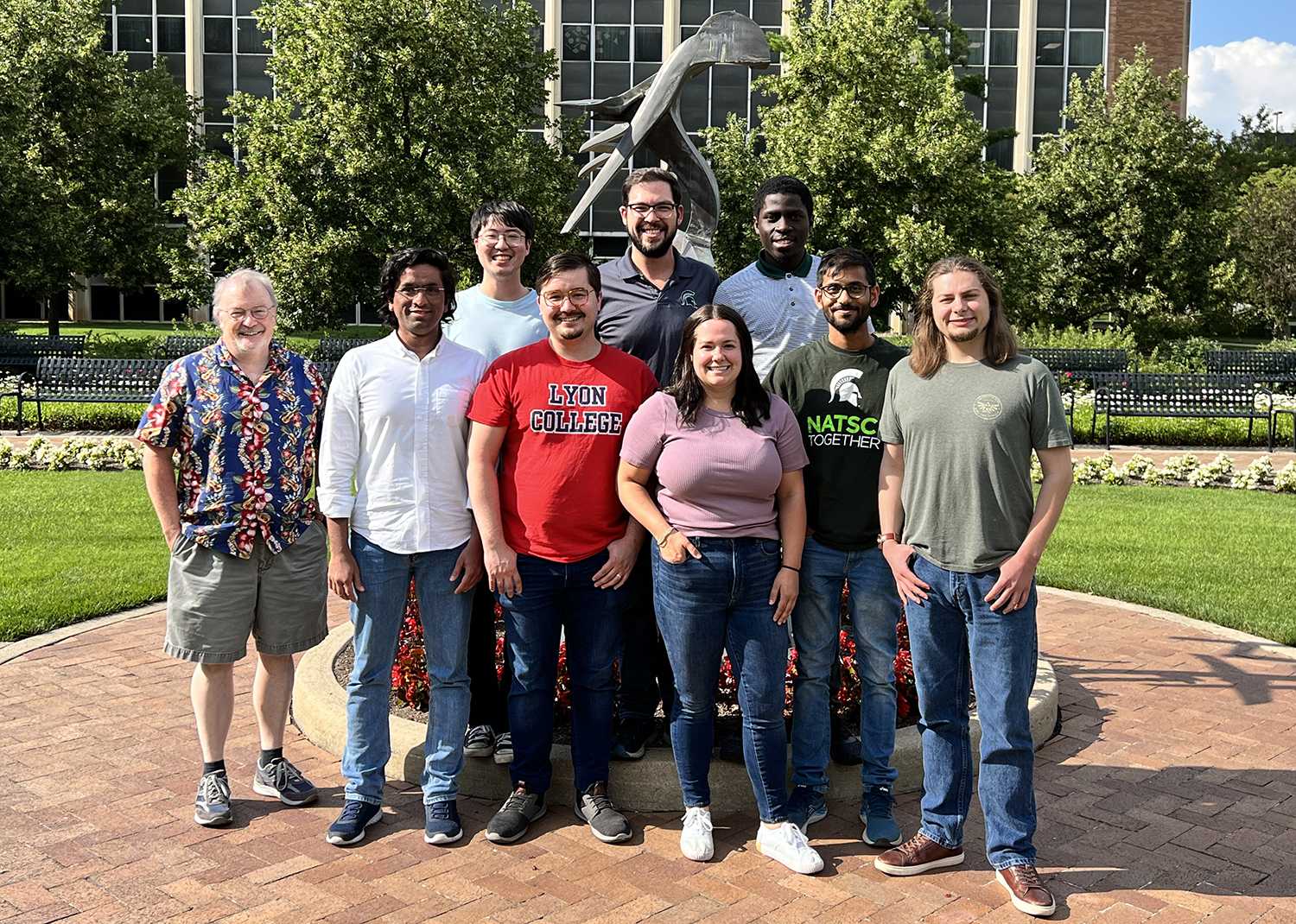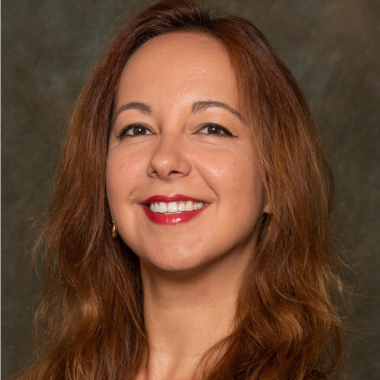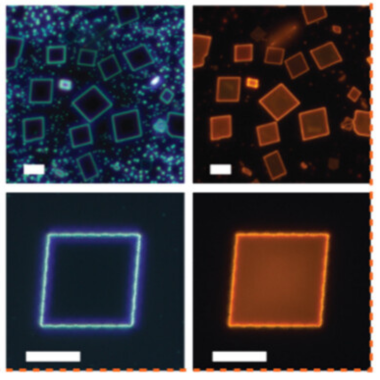James McCusker receives prestigious Josef Michl American Chemical Society Award in Photochemistry
Article Highlights
- Michigan State University Research Foundation Professor James K. McCusker is the recipient of the 2024 Josef Michl American Chemical Society Award in Photochemistry.
- This exceptional honor recognizes outstanding experimental and theoretical research in the fields of photochemistry and photophysics as applied to organic, inorganic or biological molecules or solids
- McCusker, a professor in the Department of Chemistry in the MSU College of Natural Science, is a leading figure in the field of photochemistry, having pioneered numerous groundbreaking applications of ultrafast laser spectroscopy in the context of inorganic compounds
- McCusker will receive a certificate and a prize of $5,000, which will be presented at the ACS Spring 2024 in New Orleans.
Michigan State University Research Foundation Professor James K. McCusker is the recipient of the 2024 Josef Michl American Chemical Society (ACS) Award in Photochemistry. This exceptional honor recognizes outstanding experimental and theoretical research in the fields of photochemistry and photophysics as applied to organic, inorganic or biological molecules or solids.

McCusker, a professor in the Department of Chemistry in the MSU College of Natural Science (NatSci), is a leading figure in the field of photochemistry, having pioneered numerous groundbreaking applications of ultrafast laser spectroscopy in the context of inorganic compounds. Such spectroscopic methods—in which short pulses of laser light excite and probe molecular changes occurring in moments as brief as a femtosecond (one quadrillionth of a second)—were once largely relegated to physical chemistry and the study of organic molecules. By applying these approaches to inorganic compounds and particularly to those incorporating metals in the first transition series of the periodic table, McCusker is widely recognized for creating entirely new avenues of photophysical research.
“Though the most intensively studied complexes in inorganic photochemistry, the real time dynamical processes of these complexes following their initial excitation were undefined prior to McCusker’s work,” explained Daniel G. Nocera, Patterson Rockwood Professor of Energy and Professor of Chemistry and Chemical Biology at Harvard University, and former University Distinguished Professor of chemistry at MSU (1984-97). “When femtosecond time-resolved spectroscopy was in its infancy, McCusker implemented the technology to study the processes that occur immediately following photoexcitation of transition metal complexes. He is most befitting of the Josef Michl ACS Award.”
“Fifteen or 20 years ago, our group might have been the only one at a conference talking about ultrafast spectroscopy of first row metal complexes, and it’s now incredible to see how the field has expanded,” McCusker said. “I like to think of this award as recognizing the development of this area of physical-inorganic chemistry based on the research we’ve been doing since day one—identifying the fundamental nature of these physical and photophysical properties, and possible ways to leverage that information and understanding toward exciting applications.
“I also see this honor as a reflection of the incredible work my students have done over the years. This award is as much or more so about them as it is about me,” he added.
“Ultrafast photophysics and photochemistry enable elucidation of atomic and electronic processes at the fundamental femtosecond-Angstrom scales and have grown significantly in prominence globally over the past decade,” said Phil Duxbury, NatSci dean. “This prestigious and well-deserved award recognizes the key roles that Jim and his group have had in these fields, in particular in elucidating the rates of key ultrafast processes in novel molecules germane to the future of solar energy conversion technologies. At MSU, Jim has been the lynchpin of the large and growing ultrafast science programs across the Colleges of Natural Science and Engineering, and he is a terrific educator and mentor of emerging scholars in the field.”

With this latest honor, McCusker joins the ranks of previous recipients including world-renowned photochemical researchers Vivian Wing-Wah Yam, Michael R. Wasielewski, Jack Saltiel, and Frederick D. Lewis. It also continues McCusker’s longstanding record of excellence in MSU’s Department of Chemistry. Since arriving in 2001, he’s received the William J. Beal Outstanding Faculty Award from MSU, and the 2020 Chemical Dynamics Award from the Royal Society of Chemistry (of which he is also a Fellow) among numerous other accolades.
“This is a well-deserved award for Jim, who has for many years pushed the frontiers of our understanding of the fundamental photochemistry of transition metal complexes relevant to solar energy,” said Jeffery Long, professor of chemistry at UC Berkeley and McCusker’s award nominator.
With a focus on examining the core photochemical properties of first row transition metals, McCusker’s research continues to provide highly impactful findings in the realm of solar energy conversion, storage and scalability.
“Light capture is certainly the most material intensive aspect of solar energy conversion,” McCusker explained. “If you consider molecules involving elements from the second or third transition series that have been shown to effectively convert light into chemical potential —elements like ruthenium, osmium, or iridium—these are some of the least-abundant in the earth’s crust. That’s simply not scalable.
“But if we move to the first transition series and elements such as iron or cobalt, availability becomes a non-issue,” he continued. “There are key differences in the way compounds of the first transition series absorb and redistribute energy absorbed in the form of light relative to those heavier elements. The experimental work we’re doing—and that I feel is being recognized by this award—is to codify an understanding of these differences so we can circumvent some of the challenges these new compounds present.”
“Jim McCusker has done groundbreaking work on ultrafast reaction dynamics of electronically excited inorganic complexes,” said Harry B. Gray, Arnold O. Beckman Professor of Chemistry at the California Institute of Technology. “He is a world leader in inorganic photophysics and photochemistry of relevance to renewable energy science.”
Over the years, McCusker’s research insights have resulted in his work being a constant presence on the pages of publications such as Science and Nature, as well as invitations to present at more than 300 universities, conferences, and symposia across the globe. This is in addition to his ongoing work as Associate Editor at Chemical Science.
For this honor, McCusker will receive a certificate and a prize of $5,000, which will be presented at the ACS Spring 2024 meeting in New Orleans.
Banner image: MSU chemist Jim McCusker believes that new approaches to the science of solar energy conversion need to include a focus on abundant, scalable materials that can capture and convert light into useable chemical potential. Toward this end, he and his team of students combine synthesis with ultrafast spectroscopy in order to develop a fundamental understanding of the interplay between the chemical structure and/or composition of a molecule and the mechanism by which that molecule redistributes energy it absorbs in the form of light. The idea is to then use that information as a basis for creating new paradigms for the application of transition metal-based chromophores that incorporate earth-abundant materials to areas ranging from energy conversion to organic synthesis. Credit: Harley J. Seeley



